David Gilmour - The Luck And Strange Concert 2025
Исполнитель: David Gilmour Альбом: The Luck And Strange Concert Жанр: Progressive Rock, Psychedelic Rock Год: 2025 Страна: UK (Cambridge) Лейбл: Legacy Recordings Формат: FLAC (tracks) Official DR value: DR8 Разрядность: 24bit / 96kHz Stereo Размер: 2,6 GB Инфо: wiki Залито на: XFile (tracks) «Exclusive for Lossless-Galaxy»
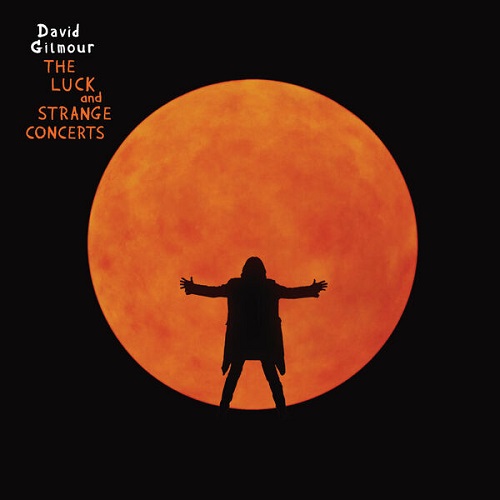
David Gilmour - The Luck And Strange Concert 2025
Исполнитель: David Gilmour Альбом: The Luck And Strange Concert Жанр: Progressive Rock, Psychedelic Rock Год: 2025 Страна: UK (Cambridge) Лейбл: Legacy Recordings Формат: FLAC (tracks) Official DR value: DR8 Разрядность: 24bit / 96kHz Stereo Размер: 2,6 GB Инфо: wiki Залито на: XFile (tracks) «Exclusive for Lossless-Galaxy»
16 10, 2025
Genesis - A Trick Of The Tail (2025) 1976
Исполнитель: Genesis Альбом: A Trick Of The Tail Жанр: Progressive Rock, Art Rock Год: (2025) 1976 Страна: UK (Godalming, Surrey) Лейбл: Analogue Productions (CAPA 073 SA) Формат: [SACD-R][OF] Контейнер: ISO (*.iso) Тип рипа: image Разрядность: 64 (2,8 MHz/1 Bit) Аудиокодек: DSD64 (2.0) Количество каналов: 2.0 Размер: 2,1 GB Инфо: wiki Залито на: XFile (.iso)
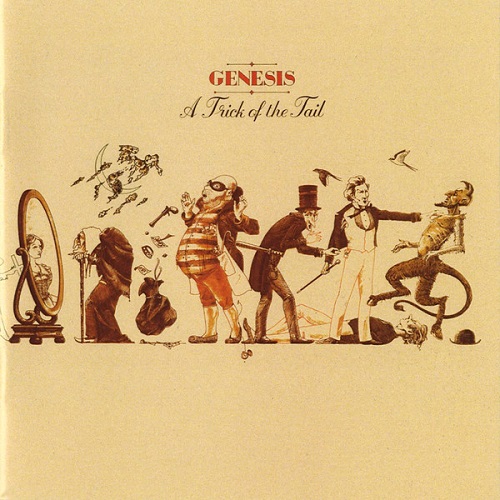
Genesis - A Trick Of The Tail (2025) 1976
Исполнитель: Genesis Альбом: A Trick Of The Tail Жанр: Progressive Rock, Art Rock Год: (2025) 1976 Страна: UK (Godalming, Surrey) Лейбл: Analogue Productions (CAPA 073 SA) Формат: [SACD-R][OF] Контейнер: ISO (*.iso) Тип рипа: image Разрядность: 64 (2,8 MHz/1 Bit) Аудиокодек: DSD64 (2.0) Количество каналов: 2.0 Размер: 2,1 GB Инфо: wiki Залито на: XFile (.iso)
16 10, 2025
Genesis - Abacab (2025) 1981
Исполнитель: Genesis Альбом: Abacab Жанр: Progressive Rock, Art Rock Год: (2025) 1981 Страна: UK (Godalming, Surrey) Лейбл: Analogue Productions (CAPA 042 SA) Формат: [SACD-R][OF] Контейнер: ISO (*.iso) Тип рипа: image Разрядность: 64 (2,8 MHz/1 Bit) Аудиокодек: DSD64 (2.0) Количество каналов: 2.0 Размер: 1,9 GB Инфо: wiki Залито на: XFile (.iso)
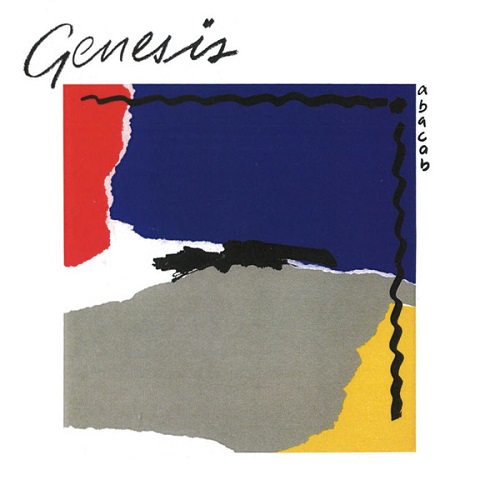
Genesis - Abacab (2025) 1981
Исполнитель: Genesis Альбом: Abacab Жанр: Progressive Rock, Art Rock Год: (2025) 1981 Страна: UK (Godalming, Surrey) Лейбл: Analogue Productions (CAPA 042 SA) Формат: [SACD-R][OF] Контейнер: ISO (*.iso) Тип рипа: image Разрядность: 64 (2,8 MHz/1 Bit) Аудиокодек: DSD64 (2.0) Количество каналов: 2.0 Размер: 1,9 GB Инфо: wiki Залито на: XFile (.iso)
16 10, 2025
Жанры
Lossless Galaxy Release
Русская музыка
--Поп
--Рок
--Панк
--Альтернатива
--Металл
--Рэп, Хип-Хоп, R'n'B
--Джаз и Блюз
--Фолк
--Шансон, Авторская песня
--СССР
Зарубежная музыка
--Pop
--Rock
--Hard Rock
--Progressive & Art-Rock
--Pop-Rock & Soft Rock
--Instrumental Rock
--Heavy, Traditional, Industrial Metal
--Power, Gothic, Sympho Metal
--Thrash, Speed, Groove, Modern Metal
--Death, Melodic Death, Doom, Dark Metal
--Black, Pagan, Folk, Viking Metal
--Alternative
--Punk
--Disco, Eurodance
--Rap, Hip Hop, R'n'B
--Reggae, Ska, Dub
--Jazz, Blues, Soul
--Folk, Country, Ethnic
--Electronic, Ambient, New Wave
--House, Techno, Trance
Другие жанры
--New Age, Relax, Meditative & Flamenco
--Chillout, Lounge, Downtempo, Trip-Hop
--Drum & Bass, Jungle, Breakbeat, IDM
--Classical / Классическая музыка
--Soundtrack
--Музыкальные сказки
Vinyl Rip
HI-Res / DVD-Audio / DTS
--SACD
--DSD
--DVD-Audio
Сборники Lossless-Galaxy
Альбомы 2022
Альбомы 2023
Альбомы 2024
Теги
1st Press 2022 2023 2024 2025 70... AOR Black Metal Blues Blues Rock Bootleg Series Classic Rock Death Metal Discography Exclusive for Lossless-Galaxy Folk Rock Fusion Hard Rock Heavy Metal Hi-Res Japanese Edition Jazz Jazz Rock lossless Melodic Death Metal Melodic Rock Modern Electric Blues Pop Pop Rock Power Metal Prog Rock Progressive Metal Progressive Rock Psych Rock Psychedelic Rock Rock SACD Symphonic Metal Thrash Metal Дискографии от KoGGaN
Архивы
Опрос
В каком формате хотели бы видеть релизы на сайте ?
 Автор: sirk, 15 октября 2023, Комментариев: 2, Просмотров: 1 315
Автор: sirk, 15 октября 2023, Комментариев: 2, Просмотров: 1 315Peter Bardens - Write My Name In The Dust : The Anthology 1963-2002 (2005) 2CD
Artist: Peter Bardens
Title Of Album: Write My Name In The Dust
Year Of Release: 1963-2002/2005
Label (Catalog#) : Castle Music [CMEDD 1070]
Country: UK
Genre: Prog Rock
Quality: FLAC (tracks+cue,log,covers)
Bitrate: Lossless
Total Time: 02:32:59
Total Size 885Mb
Title Of Album: Write My Name In The Dust
Year Of Release: 1963-2002/2005
Label (Catalog#) : Castle Music [CMEDD 1070]
Country: UK
Genre: Prog Rock
Quality: FLAC (tracks+cue,log,covers)
Bitrate: Lossless
Total Time: 02:32:59
Total Size 885Mb
Tracks:
-------
Disc 1:
1. Respectable - Cheynes
2. Soul Dressing - Peter B's Looners
3. If You Wanna Be Happy - Peter B's Looners
4. Outrage - Peter B's Looners
5. Indian Thing - Shotgun Express
6. Man In The Moon - Village
7. Long Time Coming - Village
8. Long Ago, Far Away
9. Answer
10. Don't Goof With The Spook
11. I Can't Remember
12. I Don't Want To Go Home
13. Let's Get It On
14. Homage To The God Of Light
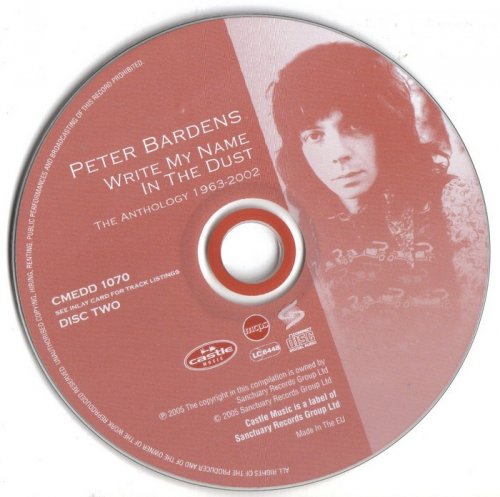
Disc: 2
1. North End Road
2. Write My Name In The Dust
3. Down So Long
4. Sweet Honey Wine
5. Tear Down The Wall
6. Simple Song
7. My House
8. Feeling High
9. Blueser
10. Arubaluba (live) - Camel
11. Supertwister - Camel
12. Flight Of The Snow Goose - Camel
13. Zone
14. She Takes Me There
15. Spirit Of The Water
All thanks to original releaser
-------
Disc 1:
1. Respectable - Cheynes
2. Soul Dressing - Peter B's Looners
3. If You Wanna Be Happy - Peter B's Looners
4. Outrage - Peter B's Looners
5. Indian Thing - Shotgun Express
6. Man In The Moon - Village
7. Long Time Coming - Village
8. Long Ago, Far Away
9. Answer
10. Don't Goof With The Spook
11. I Can't Remember
12. I Don't Want To Go Home
13. Let's Get It On
14. Homage To The God Of Light

Disc: 2
1. North End Road
2. Write My Name In The Dust
3. Down So Long
4. Sweet Honey Wine
5. Tear Down The Wall
6. Simple Song
7. My House
8. Feeling High
9. Blueser
10. Arubaluba (live) - Camel
11. Supertwister - Camel
12. Flight Of The Snow Goose - Camel
13. Zone
14. She Takes Me There
15. Spirit Of The Water
All thanks to original releaser
Внимание! У Вас нет прав для просмотра скрытого текста.
Изменил: sirk по причине: RE-UP
Похожие новости:
Комментарии (2)
Добавить комментарий!
Информация
Посетители, находящиеся в группе Гости, не могут оставлять комментарии к данной публикации.
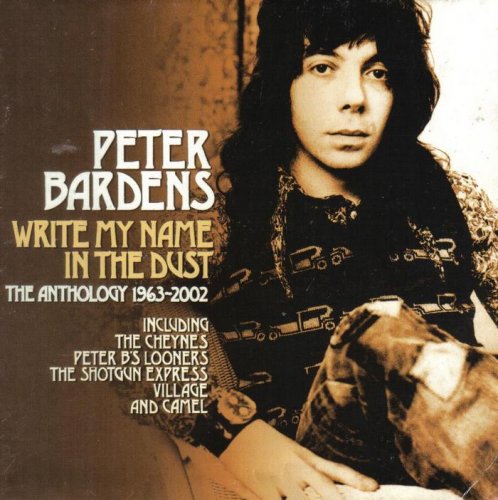

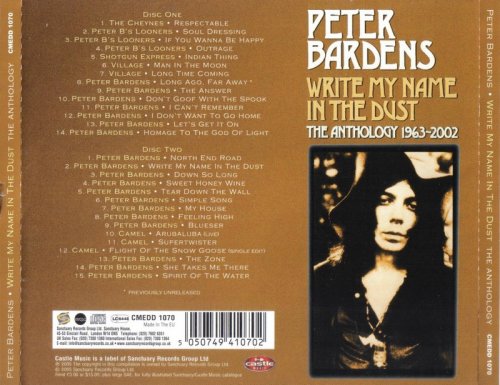
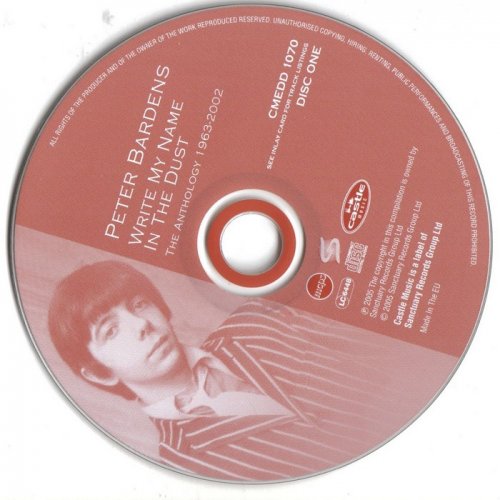
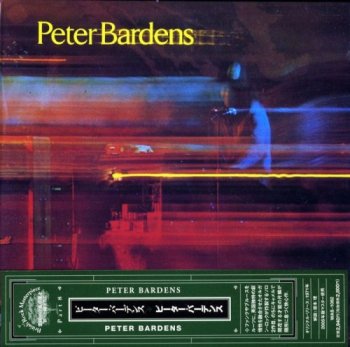
![Peter Bardens - Write My Name In The Dust (1971)[Japan remaster 2006]](/uploads/posts/2019-10/thumbs/1572106925_3b.jpg)
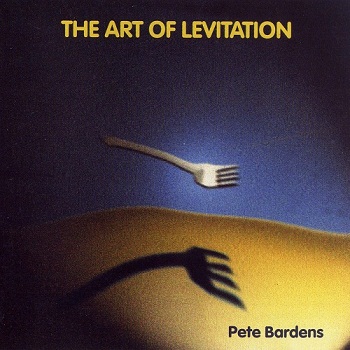
![Peter Bardens - Heart To Heart (1979) [Japan Edition, 2005]](/uploads/posts/2019-02/thumbs/1550683581_front-cover-obi-640x480.jpg)